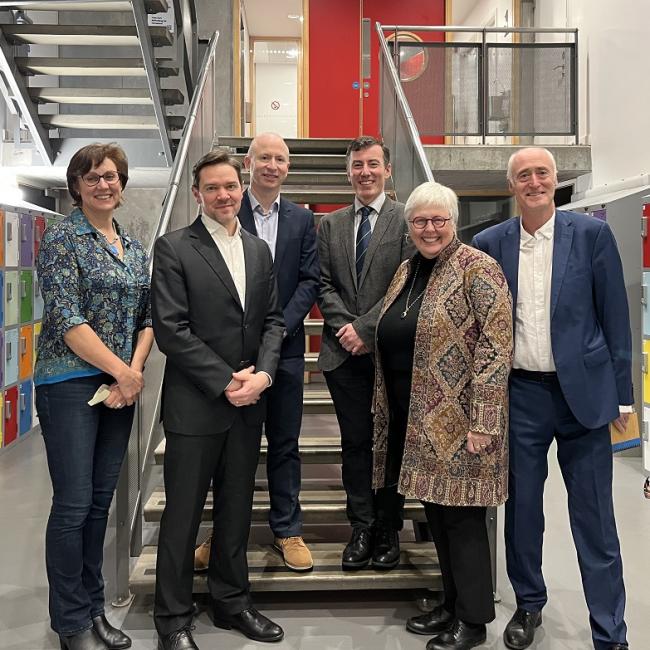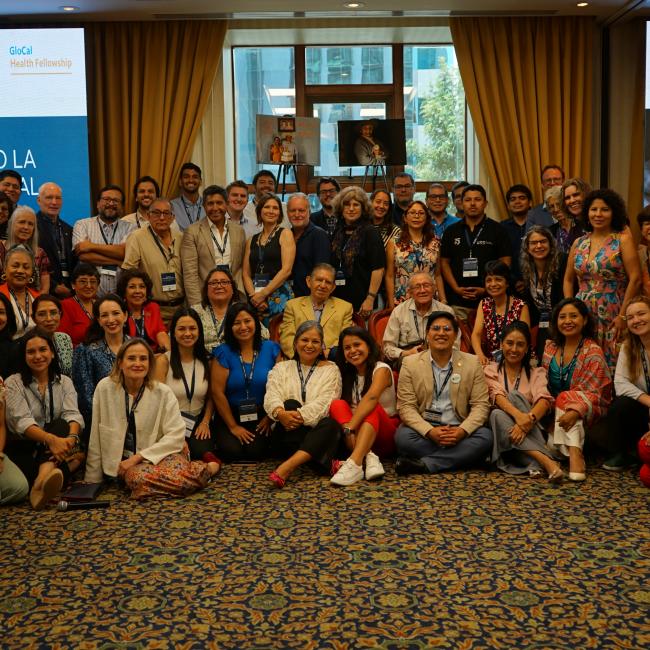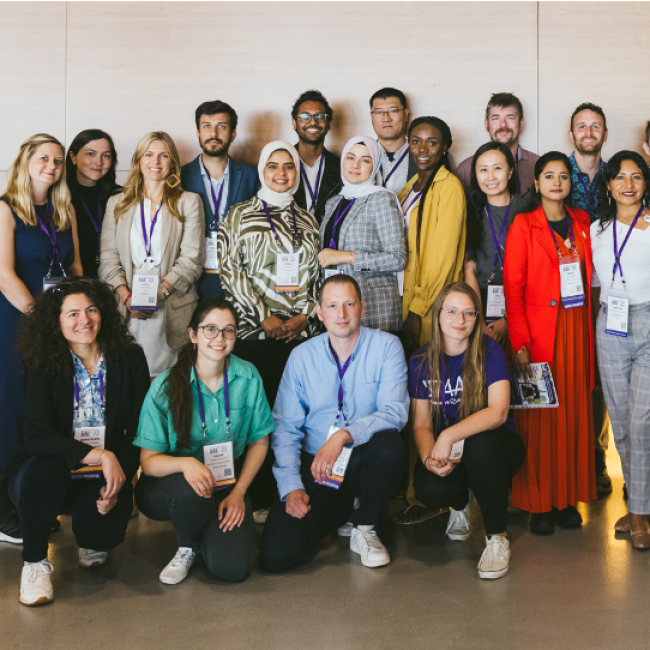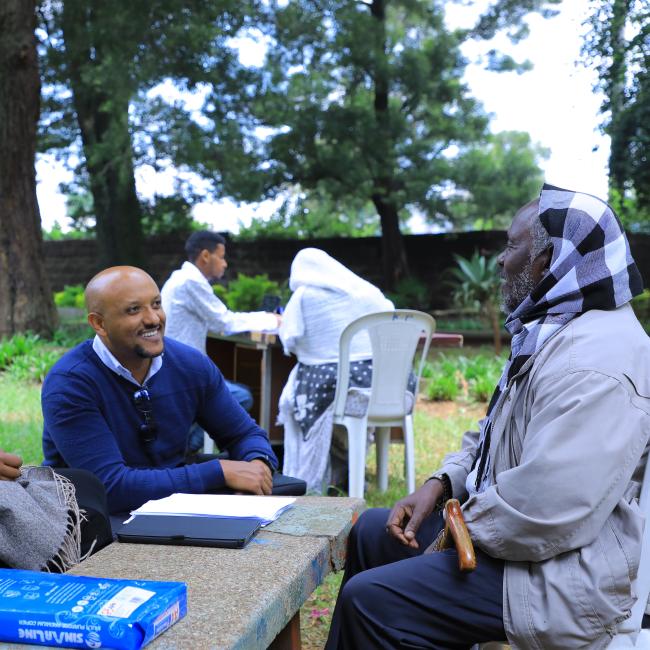Stakeholder perceptions of dementia in Colombia: a qualitative study
BMC Public Health. 2025 Mar 11;25(1):959. doi: 10.1186/s12889-025-22166-9.
ABSTRACT
BACKGROUND: The global rise in dementia prevalence poses a significant public health challenge, particularly in low- and middle-income countries where resources for diagnosis, treatment, and support are constrained. Addressing this issue, the World Health Organization's 2017-2025 global action plan on dementia envisions a future where dementia is preventable, and individuals with dementia and their caregivers receive dignified support.
METHODS: Using a qualitative research design, this study explores stakeholder perspectives on dementia in Colombia, framed by the World Health Organization's global action plan. Semi-structured interviews were conducted with 12 key stakeholders from the academia, government, and the community. Data were analyzed using framework analysis.
RESULTS: The interviews revealed a lack of recognition and prioritization of dementia as a public health concern in Colombia. Stakeholders expressed consensus on several challenges, including inadequate community awareness, persistent stigma, insufficient services across care levels, a lack of education for healthcare professionals, and a deficit in research characterizing the dementia population. Paradoxically, participants noted a positive trend, indicating growing awareness among both scientific and non-scientific populations.
CONCLUSIONS: Dementia must urgently be recognized as a public health priority in Colombia. The identified barriers underscore the struggles faced by individuals with dementia and their families, emphasizing the critical need for increased community and governmental awareness.
PMID:40069733 | DOI:10.1186/s12889-025-22166-9





